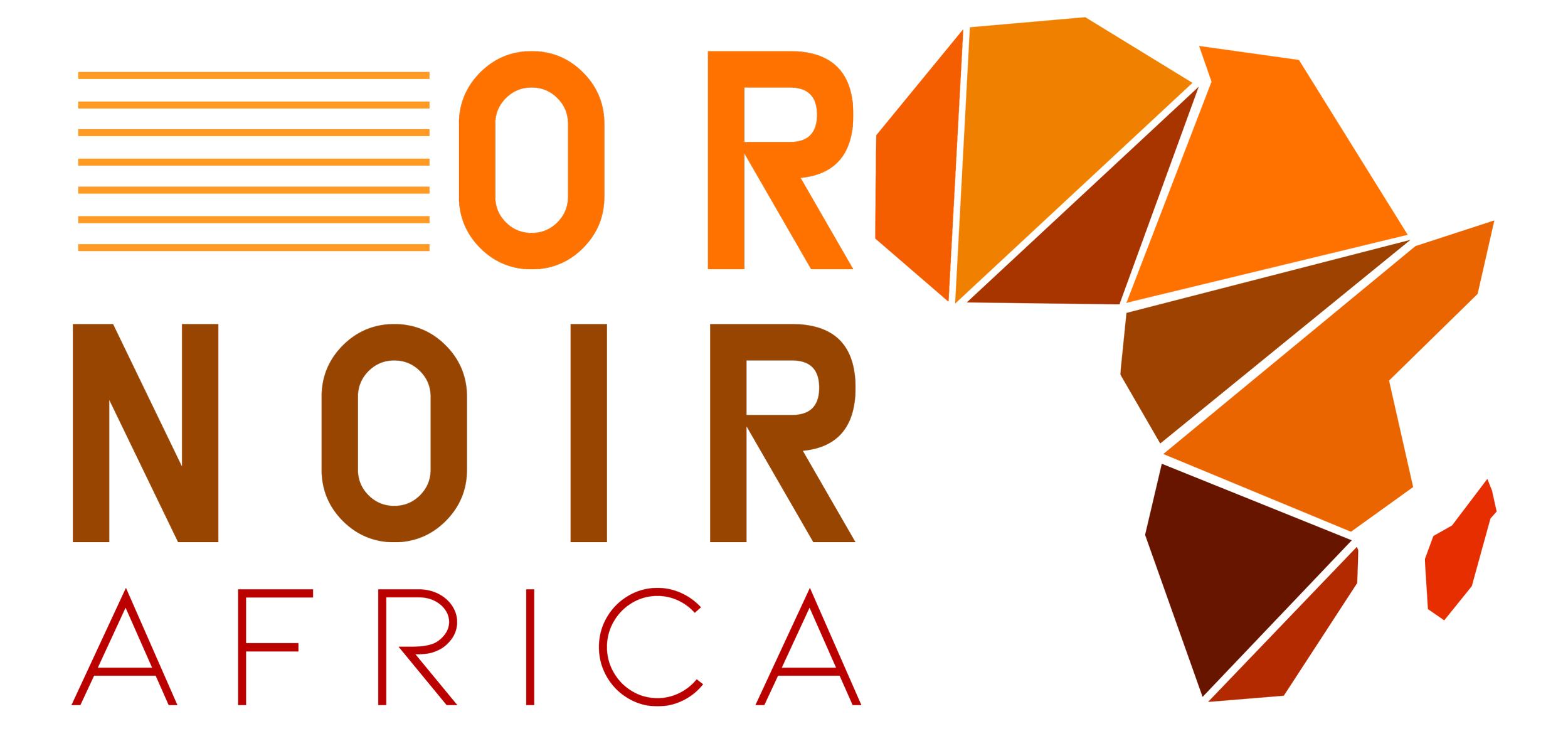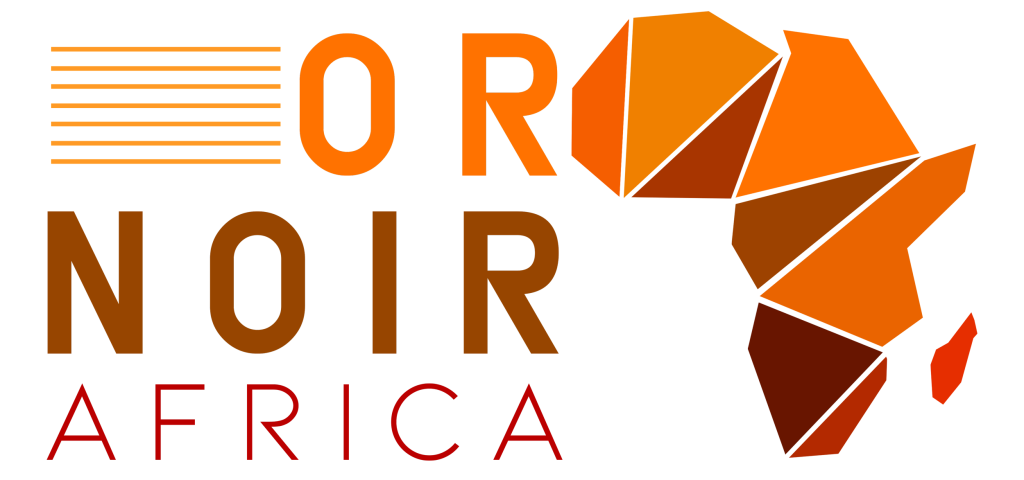En tant qu’organisme de promotion du secteur des hydrocarbures au Sénégal, la Société nationale des pétroles du Sénégal (PETROSEN), une entreprise publique productrice de pétrole et de gaz, a constaté une augmentation spectaculaire de l’intérêt des acteurs internationaux pour les ressources pétrolières du pays. Mamadou Faye, directeur général de PETROSEN, a expliqué, comment PETROSEN est l’instrument d’application de la politique pétrolière de l’État du Sénégal.
Dans quelle mesure les différentes institutions gouvernementales, Cos-Petrogaz, PETROSEN, INPG sont-elles complémentaires dans la réalisation de la vision du président Macky Sall concernant le secteur du pétrole et du gaz?
Plusieurs institutions clés sont impliquées dans le secteur pétrolier et gazier au Sénégal, notamment le Comité national d’orientation stratégique pour le pétrole et le gaz (Cos-Petrogaz), le ministère du Pétrole et de l’Énergie, le ministère des Finances et du Budget, la société pétrolière publique PETROSEN. et l’Institut national du pétrole et du gaz.
Le Cos-Petrogaz, qui relève directement de la présidence de la République du Sénégal, est un organe de gestion et de surveillance stratégique. Sa mission est d’assister le président de la République et le gouvernement dans la définition de la stratégie globale du secteur des hydrocarbures et de suivre sa mise en œuvre, par le biais du secrétariat permanent, qui sert d’outil de coordination.
Le ministère du Pétrole et de l’Énergie est l’organe de contrôle officiel chargé de l’élaboration et de la mise en œuvre de la politique définie par le chef de l’État dans le secteur de l’énergie. Il assure notamment le contrôle et le suivi des opérations pétrolières.
PETROSEN est en charge des opérations suivantes: promotion du bassin sédimentaire, exploration et production de ressources en hydrocarbures, raffinage, stockage, commercialisation, transport et distribution, ainsi que des activités industrielles liées aux segments énumérés ci-dessus.
Enfin, l’Institut national du pétrole et du gaz a pour objectif de développer l’expertise nationale en matière de pétrole et de promouvoir l’emploi des sénégalais et des sénégalais dans les secteurs du pétrole et du gaz.
Le Sénégal a fait des découvertes majeures de pétrole et de gaz au cours des dernières années et l’exploration se poursuit. Bien que les premières productions arriveront en 2022, le gouvernement a décidé d’anticiper plusieurs segments liés au secteur de l’énergie et du pétrole.
Avant ces découvertes, le Sénégal avait décidé de s’associer à l’Initiative pour la transparence des industries extractives (ITIE), une initiative mondiale visant à accroître la transparence dans les secteurs minier et pétrolier. PETROSEN a un représentant au sein du comité national de l’ITIE.
Pouvez-vous nous donner quelques détails sur la stratégie d’exploitation des premières ressources extraites d’ici 2022?
La production de pétrole et de gaz devrait commencer en 2022. Pour le pétrole, une partie de la production sera utilisée pour le marché intérieur, à savoir vendue à et raffinée localement par la Société Africaine de Raffinage, la raffinerie du Sénégal. À court terme, il est prévu d’accroître la capacité de SAR grâce à un programme de modernisation des installations, qui passera de 1,2 million de tonnes par an à 1,5 million de tonnes par an. Toutefois, l’État envisage la construction d’une nouvelle raffinerie, d’une capacité accrue, capable de raffiner des bruts complexes.
Pour le gaz naturel, un plan directeur de monétisation est en cours d’élaboration. En outre, le ministère du Pétrole et de l’Énergie a mis en place une stratégie «Gas-to-Power» pour la production d’électricité à bon marché utilisant le gaz naturel comme matière première. En bref, outre la production de GNL destiné à l’exportation, le gaz sera utilisé principalement pour la production d’électricité, mais des options de transformation en engrais et autres produits dérivés sont également envisagées.
Quelle est la stratégie du Sénégal concernant l’allocation de blocs offshore actuellement ouverts à l’exploration? Envisagez-vous de lancer une série de licences officielles?
Une douzaine de blocs offshore sont actuellement ouverts. Ils comprennent de nouveaux blocs offshore ultra-profonds. Conformément au nouveau code pétrolier introduit plus tôt cette année, nous lancerons un cycle de licences officiel pour ces blocs. L’annonce sera faite lors de la conférence Africa Oil and Power, qui se tiendra le 9 octobre 2019 à Cape Town, en Afrique du Sud. Le processus durera six mois, au cours desquels les entreprises intéressées auront accès à une salle informatique dédiée afin d’acquérir et d’interpréter des données et de soumettre des demandes pour les blocs de leur choix.
Le Sénégal est un pays stable démocratique. Il a une économie en croissance et des institutions fortes. Dans le secteur du pétrole et du gaz, les découvertes réalisées entre 2014 et 2017 ont été déterminantes pour prouver que le pays possède une province des hydrocarbures au large des côtes. Ces deux facteurs combinés permettent aux investisseurs étrangers et aux opérateurs de voir le Sénégal comme un pays sûr et attrayant pour les entreprises.


